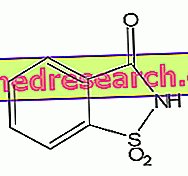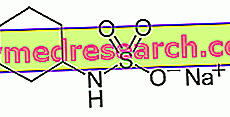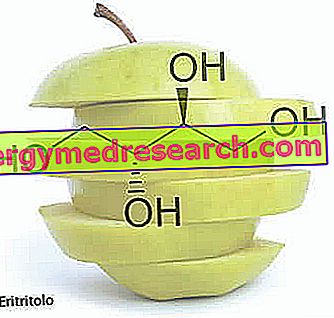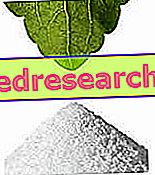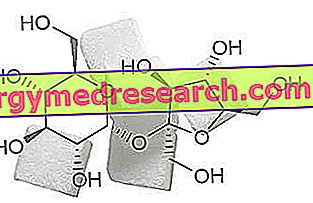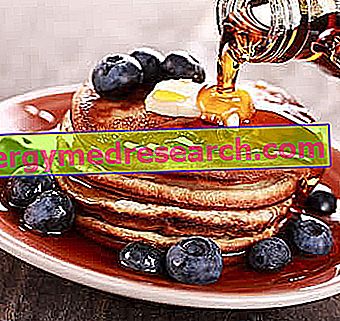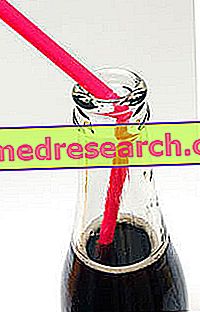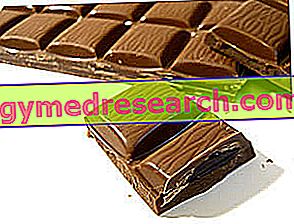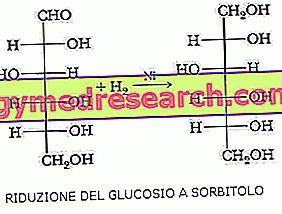Characteristics and use as a sweetener The name saccharin comes from the Latin "Saccharum" which means sugar. Commercially it is available in three forms: saccarinic acid, sodium saccharin and calcium saccharin. As a pioneer of alternative sweeteners, saccharin has undoubtedly had a troubled history, but it is the only synthetic sweetener that has been used throughout the world for more than a century
Category sweeteners
Characteristics and use as a sweetener Sodium cyclamate was first synthesized in 1937 by a doctoral student at the University of Illinois, Michael Sveda, who accidentally discovered his sweet taste. The patent for the production of sodium cyclamate became the property of the Abbott laboratories, which carried out the necessary studies to be able to use it as a safe sweetener
What is Erythritol Eritritol is a polyol with 4 carbon atoms present in nature in products of vegetable origin, such as fruit, and industrially extracted starting from plant sugars subjected to intensive bacterial fermentation processes in specific bioreactors. For a long time it has been scarcely considered on the scientific, nutritional and culinary landscape - for over a decade in the US territory and only since 2006, the date of approval granted by the European Commission, in the European and Italian territory - the
A tablespoon of sugar weighs about 15 grams, while a teaspoon of sugar weighs 5 grams. Sugar or honey? Sugar cane Sugar cane Sugar beet Calorie sugar Nutritional values sugar Sugar or sucrose
How do you evaluate the sweetness of a sugar? Sweeteners are natural or synthetic substances, capable of giving a sweet taste to the foods to which they are added. Their use, however, is not limited to the food sector alone, but also extends to the medical-health sector; natural and synthetic sweeteners are used for example to impart a pleasant taste to medicinal or phytotherapeutic preparations introduced orally (syrups, herbal teas, infusions
Characteristics and use as a sweetener The name saccharin comes from the Latin "Saccharum" which means sugar. Commercially it is available in three forms: saccarinic acid, sodium saccharin and calcium saccharin. As a pioneer of alternative sweeteners, saccharin has undoubtedly had a troubled history, but it is the only synthetic sweetener that has been used throughout the world for more than a century
Where is the sucrose? Saccharose is a disaccharide formed by the union of a glucose molecule with a fructose molecule. Also known as table sugar, at room temperature it is a white crystalline powder soluble in water, odorless and with a rather sweet taste. Sucrose is mainly extracted from sugar beet and sugar cane, but is normally present in many foods of vegetable origin, particularly in fruit
What is maple syrup? Maple syrup is a sweet, viscous and sticky liquid, obtained by carving the trunk of maples (trees of the Acerum genus). The sweet sap that comes out of these incisions contains from 2 to 5% of sucrose; after harvesting, it is then boiled for a long time to evaporate most of the water concentrating the syrup
Generalities and characteristics of the various fructose syrups According to the current legislation, " fructose syrup - glucose " is a purified and concentrated aqueous solution of food carbohydrates, obtained from starch, starch and / or inulin, which must have the following characteristics: a) dry matter not less than 70% by weight b) dextrose equivalent not less than 20% by weight on the dry substance, expressed in D-glucose c) sulphated ash not exceeding 1% by weight on the dry substance
Legislation and types of syrup According to the current legislation, glucose syrup is a purified and concentrated aqueous solution of food carbohydrates, obtained from starch, starch and / or inulin, which must have the following characteristics: a) dry matter not less than 70% by weight b) dextrose equivalent not less than 20% by weight on the dry substance, expressed in D-glucose c) sulphated ash not exceeding 1% by weight on the dry substance
Natural sweetener An alternative to sugar Sorbitol is a six-carbon alcohol belonging to the category of polyols, therefore functionally similar to common carbohydrates. Sorbitol finds ample space in the alimentary field as an acariogenic and low-calorie sweetener; its sweetening power is in fact equal to 60% of that of sugar, but at the same weight it provides 40% fewer calories (2

